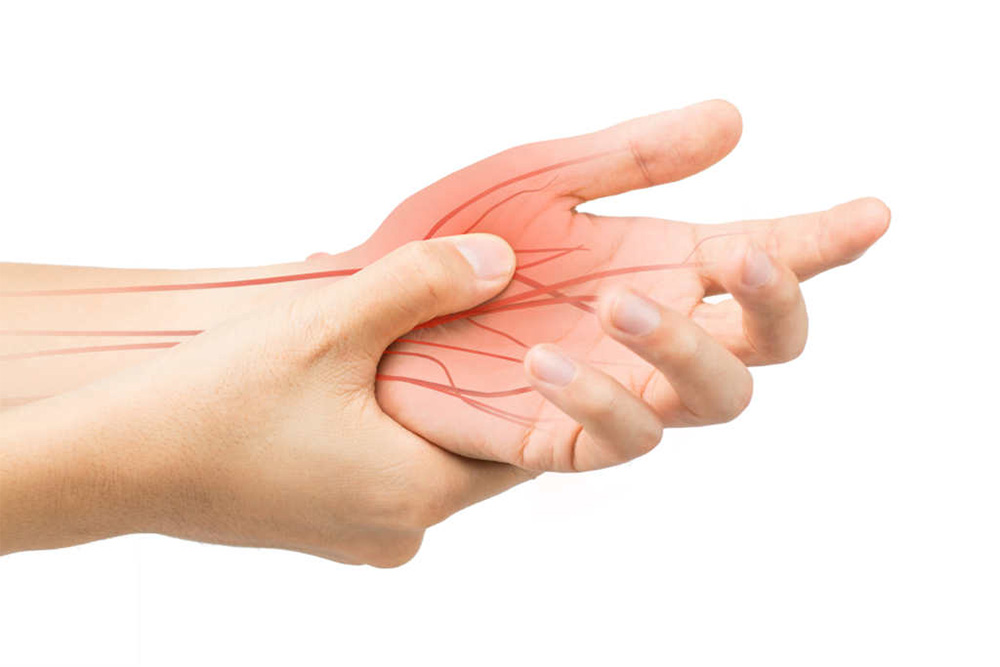Can you describe your pain?
If you are feeling “burning, shooting or stabbing pain, especially in an area which is also numb or tingling, it is likely that you are experiencing nerve pain or neuropathic pain.
Uncontrolled nerve pain can be hard to bear, with chronic prickling, tingling or burning sensation to stabbing pain in the middle of the night. Nerve pain also tends to be chronic and usually worsen over time. With appropriate treatment, it can often be adequately controlled.
Causes of Nerve Pain
Nerve pain happens when there is disease or damage to the nervous system.
There can be multiple causes that resulted in nerve pain.
The pain can originate from the central nervous system, such as pain after stroke or spinal cord injury.
Pain can happens in the peripheral nerve system, such as in diabetic neuropathy. People with diabetes can experience loss of feeling and numbness, together with pain, burning and stinging, in the limbs and digits.
Trigeminal neuralgia is a painful condition with severe neuropathic pain to one side of the face. This is usually caused by pressure on the trigeminal nerve by the accompanying artery or vein.
Infection can cause neuropathic pain. Singles, caused by the reactivation of the chickenpox virus, can result in pain along the affected dermatomes. Other infections like syphilis and HIV can also result in pain.
Lost of limbs or amputation can cause phantom limb syndrome, affecting the amputated part of the body. The brain’s misinterpretation of the signals, from the removed part of the body, resulted in the feeling of pain.
Cancer cells can damage the nerve resulting in neuropathic pain. Chemotherapy and radiotherapy against the cancer cells can also impact the nerves and cause neuropathic pain.
What can I do?
It is important to identify what is the cause of the pain and manage the underlying problems. An important goal in managing neuropathic pain other than managing the pain symptom is to help improve sleep, maintain function and improve quality of life.
It is common for people to have tried the usual painkillers like paracetamol and non-steroidal anti-inflammatory drugs (NSAIDS). However, many people would soon realize that these medications are not very useful for neuropathic pain.
The more effective medications used in the management of neuropathic pain are usually the anti-depressants drugs and the anti-convulsant drugs. Topical pain relievers can also be used, such as lignocaine patches.
Doctors may also suggest other treatment options such as injection and acupuncture to help complement the mediations used.
Physical exercises, relaxation and massage therapies can help to ease muscle tension and is used to help people cope with the pain.
Prognosis/ Outcome
Neuropathic pain can negatively impact a person’s life, leading to serious disabilities and complications.
Fortunately, neuropathic pain can now be better managed, allowing for effective treatment and relief from this painful situation.

